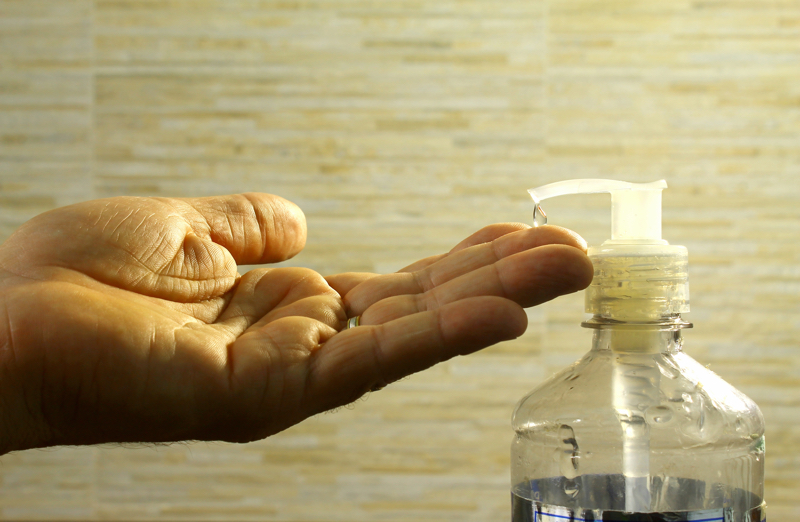Researchers have discovered it is possible to alter the ‘wettability’ of skin using an ingredient commonly found in skin cleansing products.
Wettability, or the moisture levels of the skin’s outer layer, are responsible for defending the body against diseases and the adhesion of pathogens.
However, scientists from Binghamton University in New York have found that, depending on the pH level, solutions of the sodium lauryl sulfate type anionic surfactant can control the wettability of the skin.
What are anionic surfactants?
Surfactants are one of the compounds that make up a detergents for their ability to lower the surface tension of water, in essence making the molecules slipperier, so less likely to stick.
Anionic surfactants are very strong surfactants and by far the most common type of surfactant or cleaning chemical.
They are are specifically designed to clean grease and dirt from any surface, including skin and hair.

"In this study, we have demonstrated that we can alter the wettability of the human skin surface using an ingredient commonly used in cosmetic cleansers: anionic surfactants," said Guy German, Assistant Professor of biomedical engineering at Binghamton University.
"Skin acts as the first line of defense to the outside world and the wettability of skin plays an important role in contact inhibition of microorganisms, as well as the sensory perception of cosmetic products."
Previously it was believed that surfactants could only change the wettability of wool and human hair.
In relation to the cosmetics industry, the discovery can influence formulations to help products spreadability.
“If you think about what it could be good for, well, if you say had an environment where you didn't want droplets of water in contact with your skin, you could make the skin hydrophobic,” German said.
“Which means that if you put a drop of water on your skin, it would ball up and it wouldn't spread out. If you wanted something to coat your skin however, such as a cosmetic product or ointment, you could make the skin more hydrophilic to enhance spreading."




